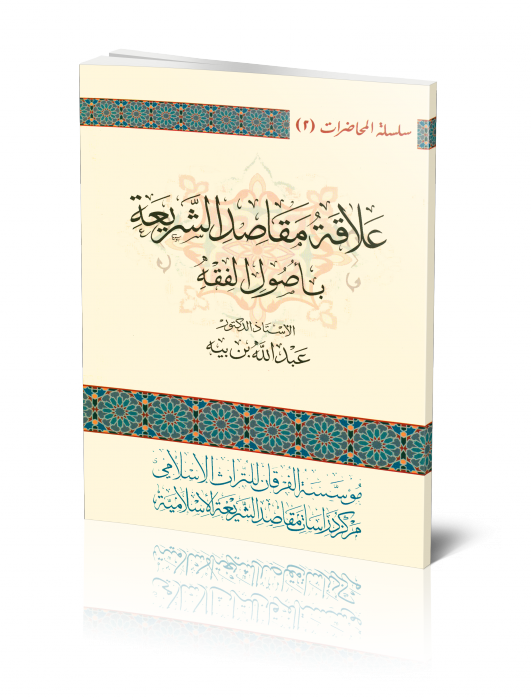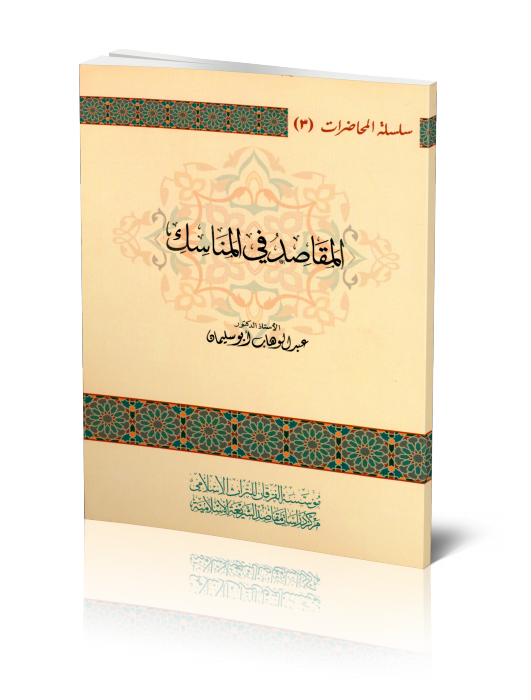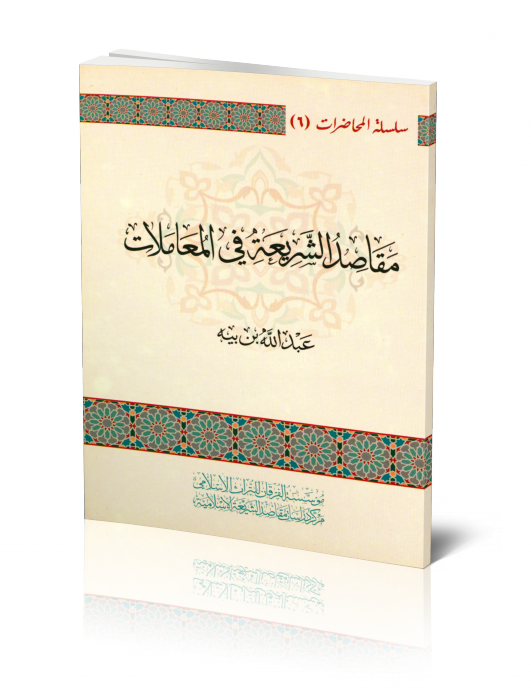In this work, the author examines the relationship between maqāṣid and the foundations of Islamic jurisprudence (uṣūl al-fiqh) on the basis that the maqāṣid methodology is a reflection of the Sharīʿah objectives. This is because of its provision to take into account modern circumstances and new issues for the sake of public interest. Shaykh bin Bayyah brings to the fore a number of definitions of maqāṣid which are substantiated by the inherent meanings found in the principles of law-making and interest which are established by law and through intellectual reasoning. He further considers that the search for maqāṣid is a legal obligation based on God’s communication with man with a view to clarifying the wisdom underlying creation and revelation. The author also examined a number of contemporary issues in jurisprudence such as the pilgrimage initiation sites (mawāqīt), civic participation of minorities in elections, women’s freedoms and also issues of marriage between Muslims and non-Muslims.
 Shared Knowledge
Shared Knowledge


 Objectives of The Pilgrimage Rites
Objectives of The Pilgrimage Rites The Objectives of Islamic Law in Charity Work: a Comparative Civilisational Vision
The Objectives of Islamic Law in Charity Work: a Comparative Civilisational Vision Purposes of the Islamic Financial Law
Purposes of the Islamic Financial Law